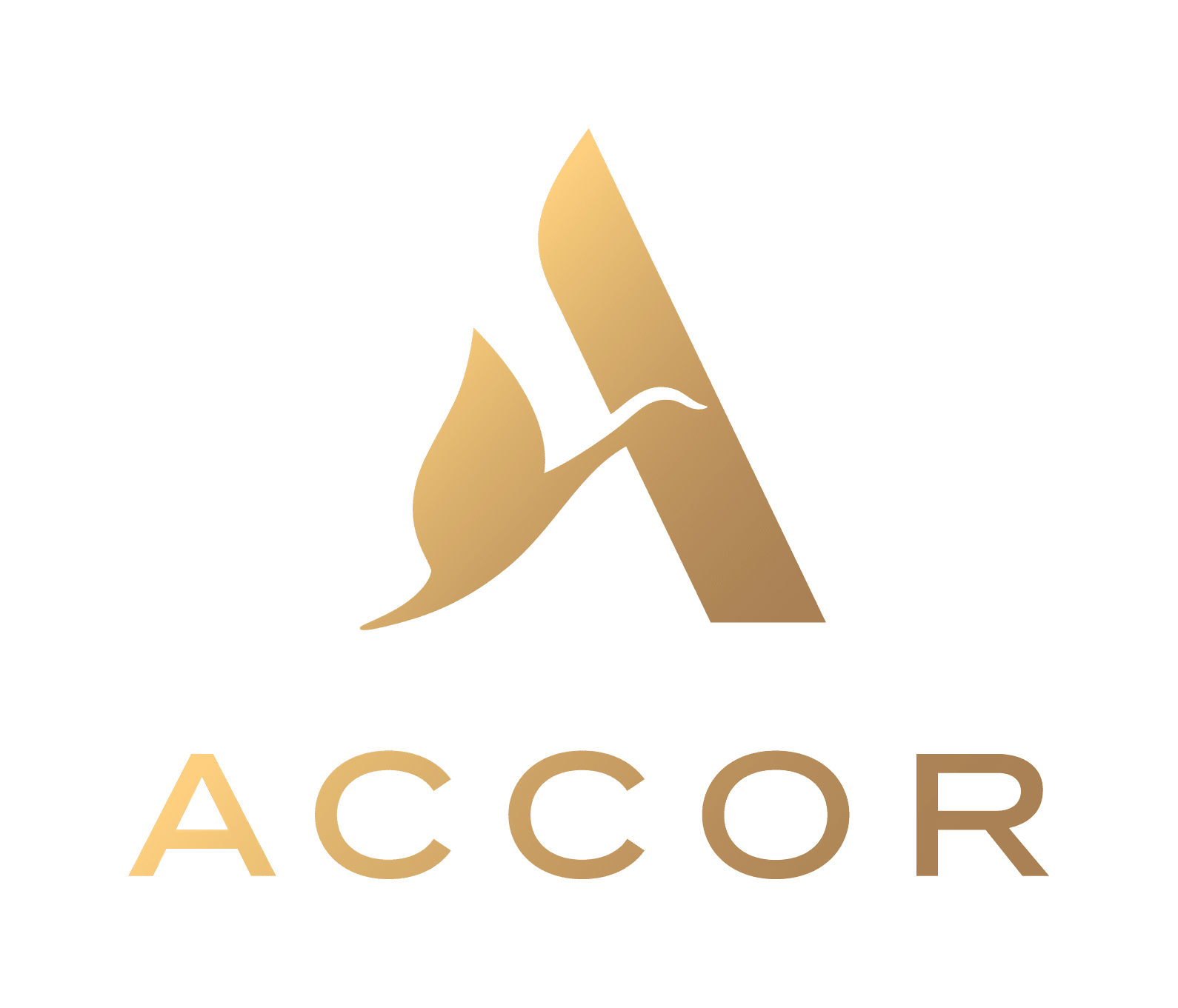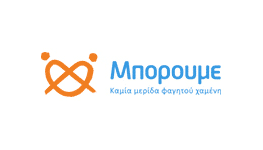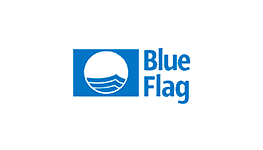Accor announces its commitment to join the UN Global Tourism Plastics
Initiative and to remove all single-use plastic items in guest experience
from its hotels by the end of 2022. This action by Accor toward reducing
environmental impacts and strengthening efforts to combat plastic pollution of the
world’s oceans and other natural environments is a significant step forward for the
global hospitality industry and for the group, which has been committed to
sustainability for many years.
“We are aware of the significant impact we have on our planet and our
responsibility to create tangible benefits for our employees, guests, suppliers,
partners and host communities,” said Sébastien Bazin, Chairman & CEO, Accor.
“What guides us is the consciousness and social awareness that drives every
person who strives to be a good citizen. It’s about being aware, socially conscious
and consistent.”
Welcoming over 120 million guests and serving more than 200 million meals each
year, Accor takes its role as a responsible corporate citizen to heart, working
within the framework of its sustainable development program, for the past 25
years. In addition to our previous commitment to eliminate all plastic straws,
stirrers and cotton buds, today’s new commitment includes:
The removal of individual plastic toiletry amenities and cups by the end of 2020.
The elimination of all remaining single-use plastic items in guestrooms, meeting
areas, restaurants and all leisure activities areas (spas, fitness centers, etc.) by
the end of 2022.
Single-use plastics are defined as disposable items that are used only once and
then discarded. Examples include plastic straws, cotton buds, coffee stirrers,
plastic cups, plastic bags for laundry or extra pillows, plastic water bottles, all
plastic packaging (for food, welcome products, etc), plastic take-away dishes and
tableware, plastic gifts and welcome products (toiletries, slippers, pencils, etc),
plastic keycards. Relevant alternatives to plastic will be proposed for each specific
item, considering Life Cycle Assessments to ensure better environmental
performance for the solution proposed to our hotels.
With more than 200 million single-use plastic items used every year in all areas,
hotels are already reducing significantly their impact. Several have deployed
effective solutions by choosing more sustainable alternatives. For instance:
94% of Accor’s hotels have eliminated the use of straws, cotton buds and stirrers.
The remaining 6% (mostly in China) will do it by end of March 2020
89% of ibis’ hotels are using dispensers for amenities as shampoos…. This means
2087 ibis family hotels have already dropped single use plastic for this equipment.
Accor ibis family hotels in Latin America will follow the same initiative this year.
Fairmont has used new construction and renovation standards in another example
of one of our brands’ efforts. Its hotels incorporate water filtration taps in guest
rooms to eliminate bottled water altogether.
To go further, our new brand “Greet” was created to answer our guests’ needs, so
it is in the brand’s DNA to be plastic free. There is zero disposable plastic at
breakfast and reusable dishes are utilized for butter and jam. In addition, there is
zero disposable plastic in rooms and other parts of the hotels. Accor plans to open
10 more Greet hotels in Europe this year.
In addition, several Accor hotels within the group’s portfolio of world-leading
brands – including Novotel Paris les Halles, Novotel Yangon Max, Myanmar, Sofitel
Bogota, many hotels in Bali & Lombok, Indonesia, Ibis Styles São Paulo Anhem –
have already taken steps individually to be plastic-free and are advancing towards
a 100% single use plastic free objective.
One of Accor’s main purposes besides finding alternatives to plastic and reducing
environmental impacts is to positively change common mindsets globally by
adopting the 3R logic: Reduce, Re-use and Recycle. The group’s headquarters will
lead the best practices and hotels will enhance their local initiatives and solutions
to hotels guests.
The Global Tourism Plastics Initiative, led by the UN Environment Programme and
the World Tourism Organization in collaboration with the Ellen MacArthur
Foundation, draws a line in the sand in the fight against plastic waste and
pollution. Governments and businesses, such as Accor, commit to a set of
ambitious targets. We will work to eliminate the plastic items we don’t need;
innovate so all plastics we do need are designed to be safely reused, recycled, or
composted; and circulate everything we use to keep it in the economy and out of
the environment. In September 2019, Accor Netherlands already took a step
forward by signing the International Tourism Plastic Pledge led by MVO
Netherlands and therefore initiating the work to becoming as soon as possible a
signatory of the Global Tourism Plastics Initiative, for which a detailed commitment
has to be presented, is a logical next step.
“Plastic pollution is one of the major environmental challenges of our time, and
tourism has an important role to play in contributing to the solution,” said UN
Environment Programme Economy Division Director, Ligia Noronha. “Through the
Global Tourism Plastics Initiative, tourism companies and destinations are
supported to innovate, eliminate, and circulate the way they use plastics, to
advance circularity in our economies and reduce plastics pollution globally.”
“Our efforts do not stop here. We are an innovative group by nature and we
continuously search for more areas where we can reduce our impact on the global
environment while helping our local communities in their efforts to create a
healthier, more sustainable future,” said Sébastien Bazin. “As we work to deliver
on our commitments, we are grateful to our dedicated teams of employees all over
the world who share our belief in making the world a better place for our guests,
while they are traveling with us and even while they are not.”









